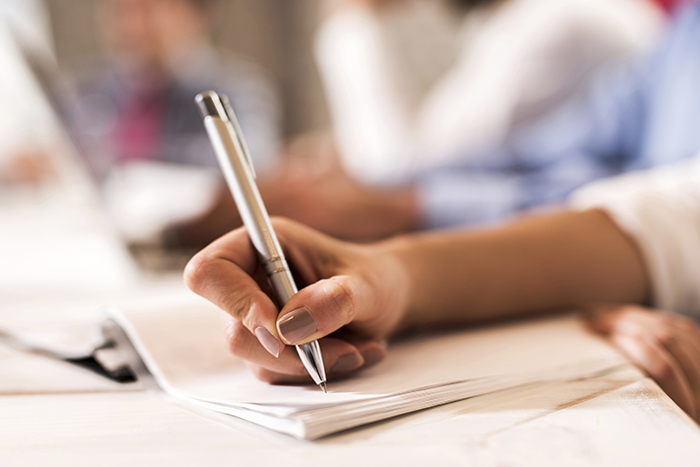School readiness does not only mean that the child is ready for school. It also means that the family is ready to support the child’s learning. It also means that the child possesses what he or she needs for success in school and for later learning in life. These include skills, knowledge, and attitude. Physical and cognitive development are essential ingredients of school readiness. So as social and emotional development. Early learning centre Sydney makes sure that your child becomes ready.
What are necessary to develop school readiness?
- Self regulation. This is the ability of the child to get, maintain and change emotions and behavior. As well as attention and activity level. They make it appropriate for a task or situation.
- Sensory processing. This is the accurate processing of sensory stimulation. It influences attention and learning that affects how a child sit or hold a pencil.
- Receptive language or understanding. The ability of the child to grasp the meaning of the spoken language. Such as the teacher’s instructions.
- Expressive language. This is how a child produce speech or language that others can understand.
- This is the ability to pronounce individual sounds in words in a clear manner.
- Executive functioning. This is the higher order of reasoning and thinking skills. A child is able to think about what he or she needs to pack for school.
- Emotional development. The ability to perceive emotion and understand emotions. As well as integrate emotion to help thought. And also to regulate emotions.
- Social skills. This is the ability to engage in reciprocal interaction with others. This includes verbal and non-verbal.
- Planning and sequencing. This is the sequential multi-step task or activity performance. It aims to achieve a well-defined result. An example of this is the ability to do a cut and paste task. Or a simple math worksheet.
How to improve school readiness skills?
- Parenting expectations. You should increase expectations of the child around self care tasks. Such as dressing up and toilet duties. As well as eating and getting ready to leave the house. You should provide verbal help and not physical help. The child should complete the task on his or her own whenever possible.
- Social skills. Encourage the child to develop relationships with other children. Especially those of a similar age.
- Expose the child to books. This will prepare them for literacy. They should be able to sit through the entire book.
- Early preparation. Start preparing the child for school. You should discuss expectations at school and appropriate behavior. As well as regular engagement in activities that need his or her attention.
- Identify signs of deficit or slow development. You can work with the early learning centre teacher. Address these areas before the child starts school.
- Visual strategies. Use picture schedules to help the child understand the routine of their day.
- Bring the child to places such as the library or the zoo. It will help the child to understand appropriate behavior in these environments. You can also visit the school playground and classroom. It will familiarize the child with the new setting.
- Fine motor skill development. Developing these skills will enable the child to join in activities with more ease. This means you should let him or her practice cutting and coloring. As well as drawing and writing his or her name.
There are many simple activities to help prepare a child for school. There are times when your child has difficulties with school readiness. You can consult for therapeutic intervention.







